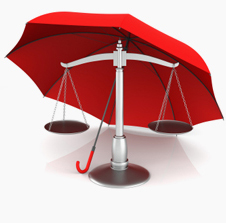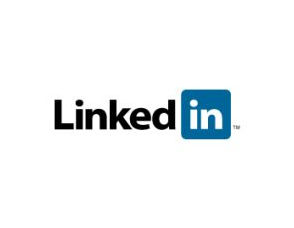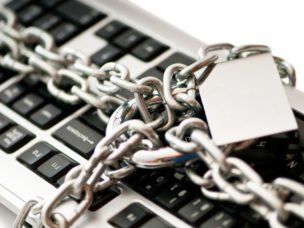Stay in the know
Subscribe to the Professional Liability Blog and we'll send you an email each time something new is posted.
Subscribe to the Professional Liability Blog and we'll send you an email each time something new is posted.
Blogs
Law Firm Defense Blog
Law Firm Liability for Attorney and Employee Ethics: Will Changes Be Necessary?

On July 1, 2013, the Standing Advisory Committee on the Rules of Professional Conduct proposed changes to Rules 5.1 and 5.3 of the Massachusetts Rules of Professional Conduct. The proposed changes would make law firms liable for ethical violations by attorneys as well as nonlawyers employed by the firm.
Rule 5.1, which governs the responsibility of partners, managers and supervisory lawyers for the acts of other lawyers in their firm, has a new proposed subpart, Paragraph 5.1(d):
“A law firm shall make reasonable efforts to ensure that: (1) all lawyers in the firm conform to the Rules of Professional Conduct; and (2) the lawyers in the firm are subject to adequate supervision that is reasonable under the circumstances.”
Previously, Rule 5.1 required only that partners make
“[R]easonable efforts to ensure that the firm has in effect measures giving reasonable assurance that all lawyers in the firm conform to the Rules of Professional Conduct.”
Proposed Comment 9 to Rule 5.1 notes that the proposed new provision is not intended to relieve individuals of their ethical duties and that it will not be substituted for individual discipline.
Rule 5.3, which governs the responsibilities of lawyers for nonlawyer assistance, has a similar proposed subpart, Paragraph 5.3(d), which reads:
“A law firm shall make reasonable efforts to ensure that nonlawyers who work for the firm are subject to adequate supervision that is reasonable under the circumstances.”
Some lawyers have expressed concern over the proposed changes. The Massachusetts Bar Association recommended that the proposed changes to both rules be rejected. The MBA argues that lawyers are admitted to the bar, not law firms, and suggests that the proposed changes may cause individual lawyers to be blithe in their ethical obligations, as they may assume that the chain of accountability will lead back to the firm, rather than to themselves.
The Supreme Judicial Court will hear oral argument on the proposed changes on December 18th. If the SJC accepts the proposed changes, the question becomes: What would such changes mean for law firms? Frankly, and hopefully, not a lot. Most law firms should already have procedures in place to ensure adequate supervision of lawyers and nonlawyers. What are the best practices to help ensure compliance with the Rules of Professional Conduct? For lawyers, firms should consider the following:
- Require continuing legal education in professional ethics. Law firms should consider offering in-house continuing legal education, as well as encouraging lawyers to attend ethics-based CLEs at bar associations and MCLE.
- Appoint a general counsel or ethics counsel to whom firm lawyers can go for advice on ethical dilemmas and ensure that all lawyers periodically receive information about ethics counsel’s role in the firm.
- Establish a procedure for lawyers to make confidential ethics inquiries. Providing a confidential process, much like an ombudsman can encourage young lawyers to seek advice without worry.
- Establish policies and procedures to detect and resolve conflicts, account for client funds, and calendar deadlines.
It may be difficult to foresee what would be deemed “reasonable efforts” under Proposed Rule 5.3 to supervise nonlawyers. But, it would be prudent for law firms to:
- Discuss the requirements of client confidentiality with nonlawyers before work begins to ensure that they understand the seriousness of the obligation to protect such confidences;
- Address client confidentiality in nonlawyer contracts; and
- Provide nonlawyers with the name of the firm’s general counsel or ethics counsel, allow the nonlawyer to make ethical inquiries, and express the firm’s desire that they should seek advice in the event they have ethical questions.
Many firms already have adopted some of these procedures. Given the proposed changes to the Rules of Professional Conduct, these procedures should be formalized and lawyers and staff reminded of the seriousness of complying with the Rules of Professional Conduct and the law firm’s commitment to help all of its employees comply with their ethical obligations.



